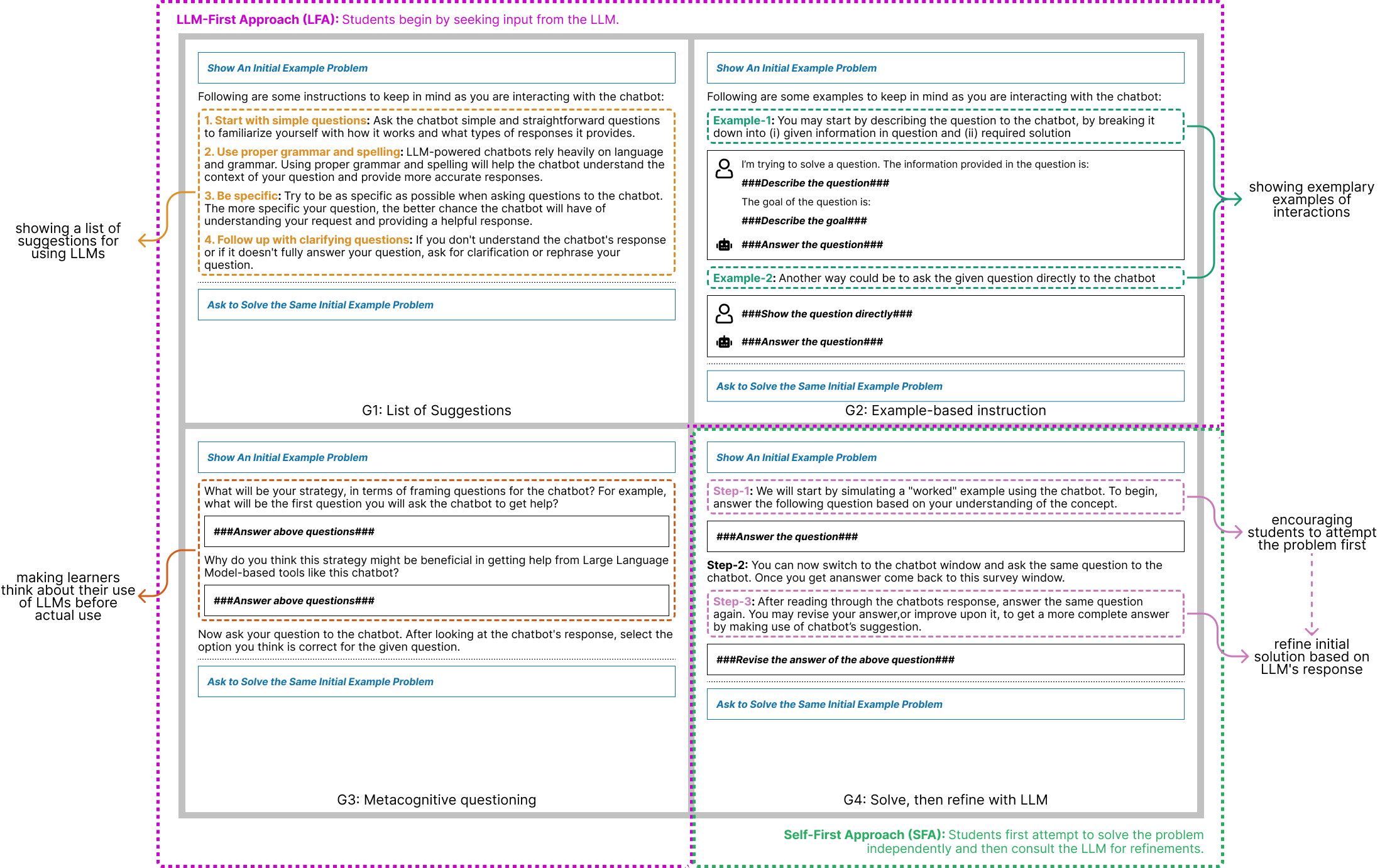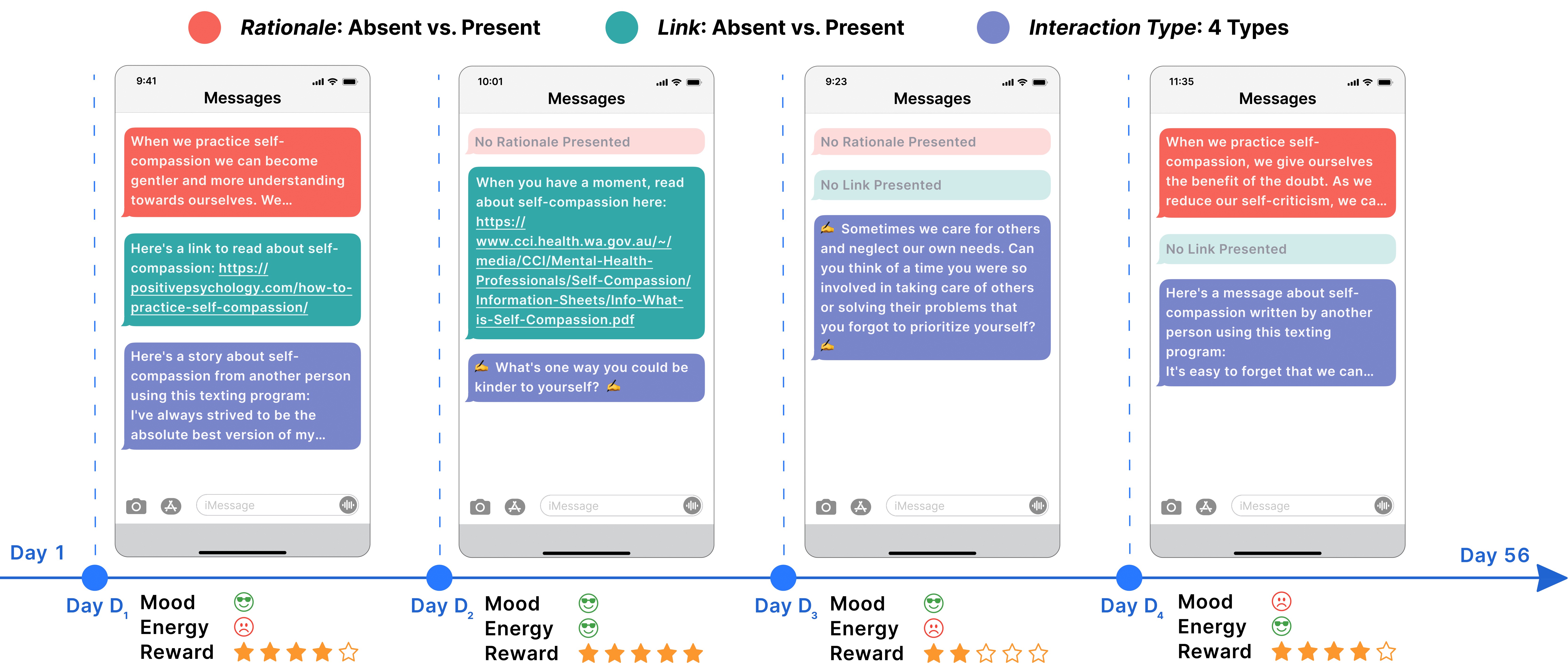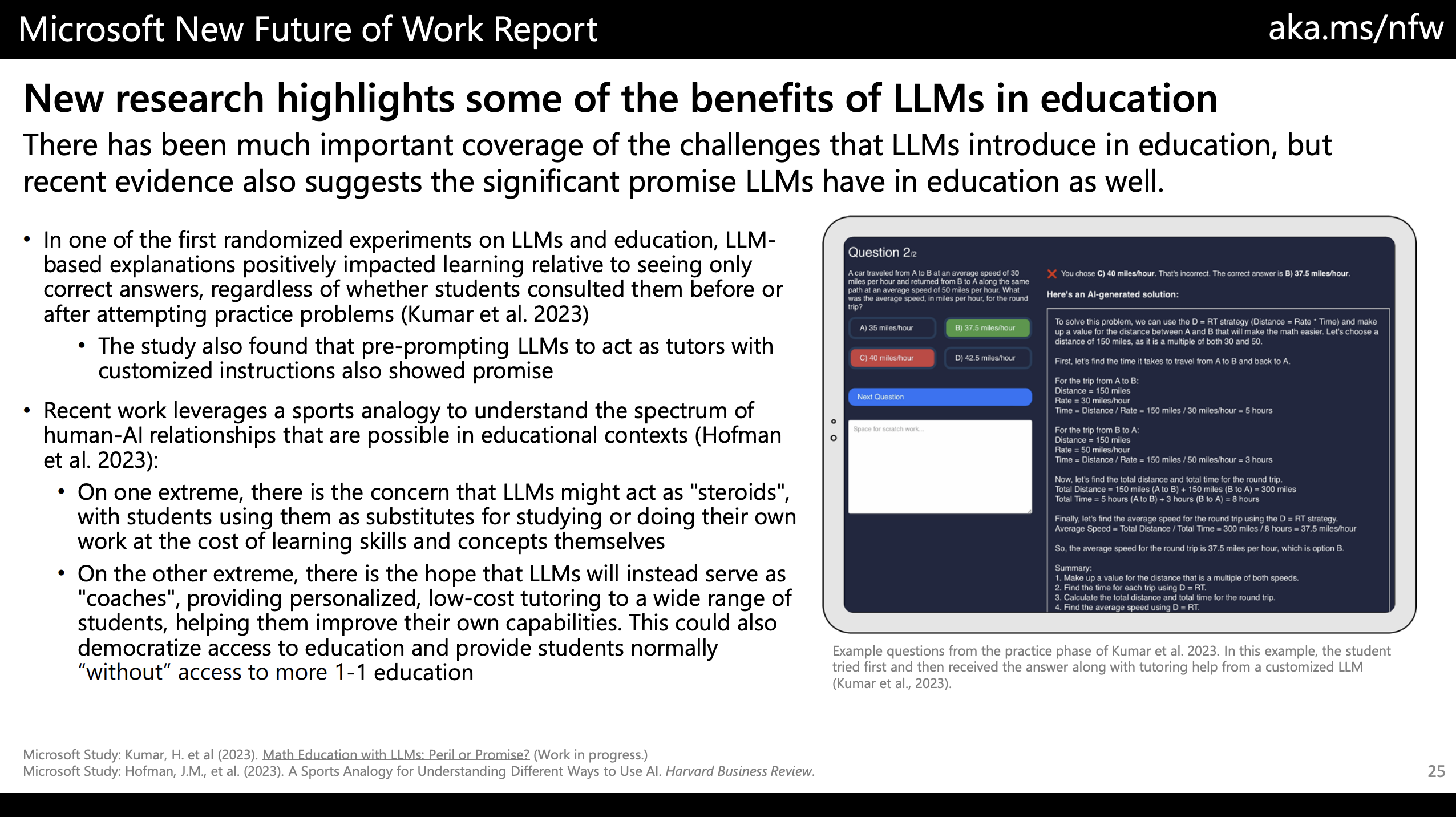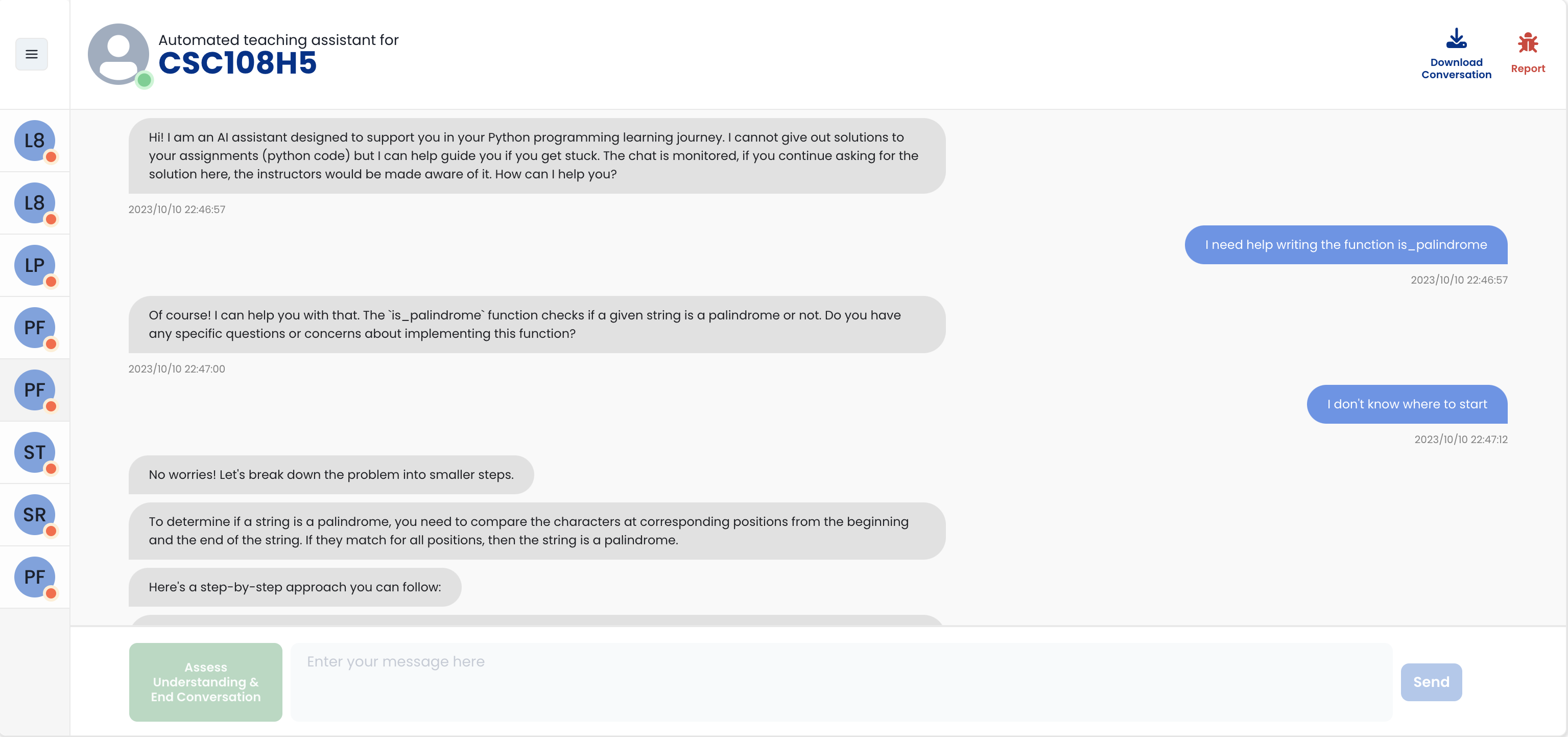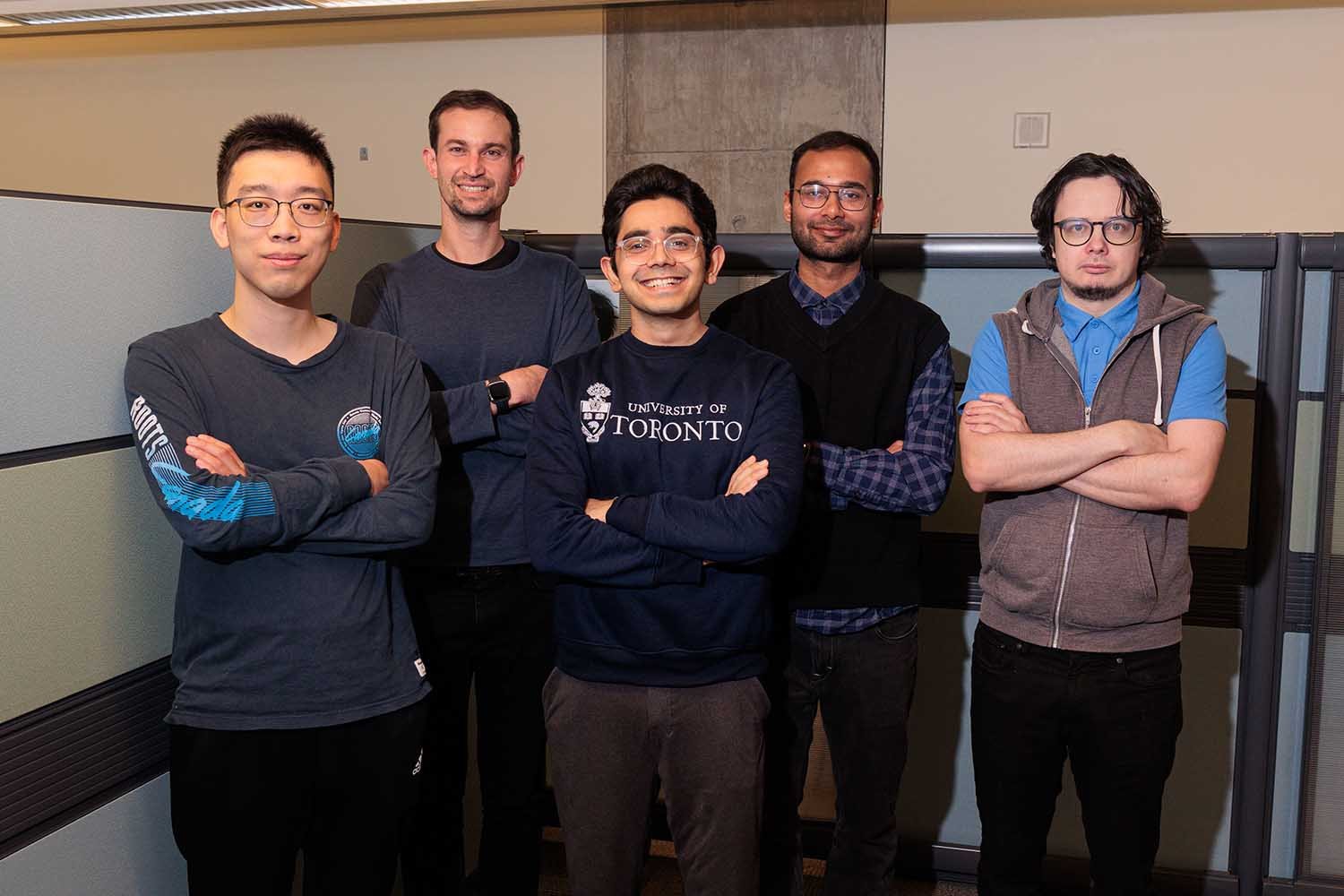Harsh Kumar
I am a fourth-year PhD student in the Department of Computer Science at the University of Toronto, supervised by Dr. Ashton Anderson. My research focuses on developing algorithms and systems for social good, particularly in cognition, mental health, and education. In much of my current work, I have conducted large-scale human-centered evaluations of AI systems. For instance, I conducted one of the first large-scale randomized controlled trials demonstrating that large language models (LLMs) can enhance math education [link]. In another recent study, I investigated how regular use of LLMs affects human creativity [link]. I am also working on designing LLM agents that can act as coaches to promote behavior change [link]. Earlier in my research, I developed algorithms to personalize mental health support for young adults using reinforcement learning techniques like contextual bandits [link]. I have been very fortunate to spend two summers at Microsoft Research in New York City with Dan Goldstein, Jake Hofman, and David Rothschild, learning the ropes of conducting rigorous experiments and working on problems related to LLMs and education.

